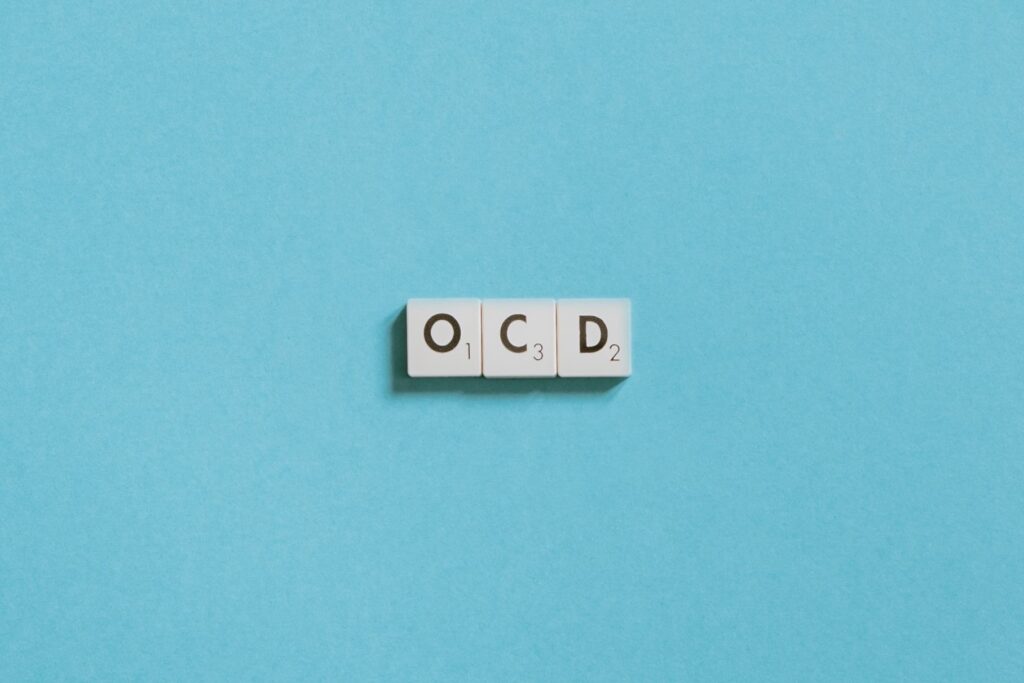In our three-part series on Obsessive Compulsive Disorder (OCD), we first looked at some common misunderstandings about the mental condition, before exploring its actual symptoms and its effects on sufferers. In Part 3 here, we will look at how you can help someone with OCD in managing their condition.
If you are living with, close to, or know someone who is living with OCD, know this: you can be an important part of this person’s struggle with the condition, and maybe even critical to its successful management. Like any other mood or mental disorder, OCD’s management can be greatly helped by the right social support, whether from family, friends, colleagues, or other sources. Here are some important points to consider and think about.

01 Get yourself educated
One of the greatest hurdles that I’ve faced when helping my clients to deal with OCD are misunderstandings about the condition, whether by the sufferers themselves or the people around them. This mental disorder is well-known but, ironically, not well-understood, and the misinformation surrounding it often causes difficulties in its management. In my opinion, the first and most important step to help someone with OCD is understanding what the condition is and isn’t, and having a clearer picture of exactly what a sufferer has in terms of his obsessions and compulsions. So if you haven’t read Part 1 and Part 2 of this series of OCD, please do so for a deeper look into the subject.
02 Be careful not to enable
OCD is an anxiety disorder, and anxiety is the proverbial beast that the sufferer – and the people around them – must not feed. What this means is that you must be careful not to enable a sufferer’s OCD behaviour. Let’s suppose you have a family member who’s working hard to overcome his OCD, which involves an obsession about bedbugs on office chairs, and a related compulsion of cleaning his chair obsessively with strong detergent. In such a situation, DO NOT accompany him to the supermarket to buy detergent when he runs out, just so that he feels better. Worse still, do not offer to buy it for him!
03 Be patient
If someone that you know has OCD, it may be tempting to expect and express a desire for them to make a consistent and quick recovery through psychotherapy or whatever other help they are getting. While it is important to be encouraging, it is important to do so in a gentle manner, while respecting the OCD sufferer’s space and pace. After all, recovery is seldom a linear process, and regression is a common part of it. Imposing your expectations on the OCD sufferer might exacerbate their symptoms, as could increase their anxiety and interfere with existing progress. Remember this: OCD is not voluntary, and the anxiety that it creates can be exacerbated by unhealthy expectations and stress.
04 Take care of your own needs
If you feel overwhelmed caring for someone with OCD, it’s time to take a step back and re-evaluate your resources (time, energy and mental capacity). Self-care is absolutely critical even as you help someone with OCD, and as important as the care that you feel you need to give to the sufferer.
05 Celebrate small victories
While we shouldn’t micromanage and over analyse the OCD sufferers’ progress, it does help to take the recovery process day-by-day and acknowledge even the “small” improvements. If a 60-minute shower has been cut down by five minutes, celebrate the progress! If the WIFI router was checked 30 times instead of 50 before the sufferer leaves home, celebrate too! Acknowledgement and encouragement are important if you want to help someone with OCD, and they go a long way towards keeping the sufferer motivated in their recovery process.

